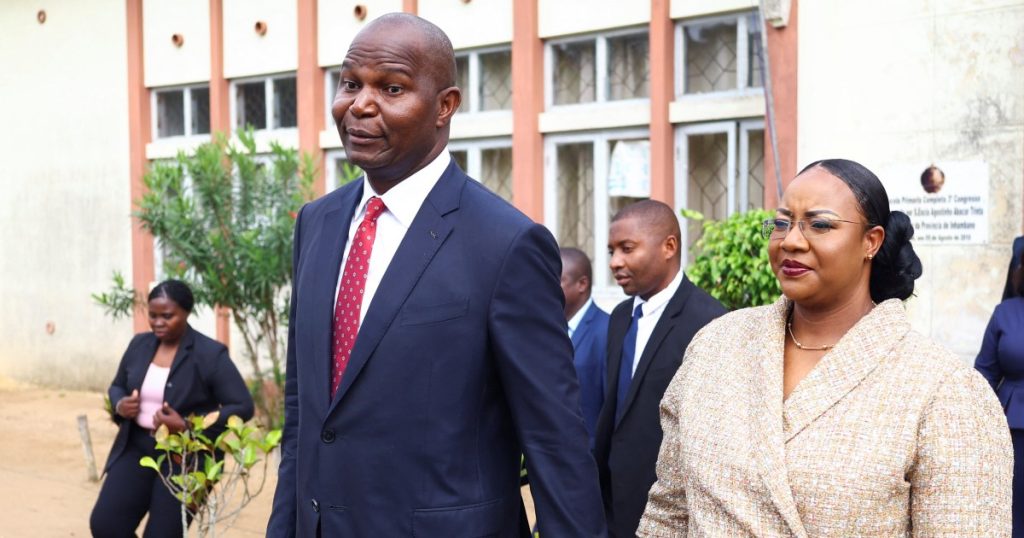Mozambique’s Constitutional Council has validated the results of the October 2024 general elections, confirming the victory of the incumbent Frelimo party and extending its half-century rule. This decision solidifies President-elect Filipe Nyusi’s successor, Daniel Chapo, as the country’s next leader, marking a significant transition as he becomes the first president born after Mozambique’s independence from Portugal in 1975. However, the ruling has ignited widespread discontent and protests among opposition groups who allege extensive electoral fraud and manipulation, deepening existing political tensions and raising concerns about the country’s democratic trajectory.
The election, monitored by international observers, has been widely criticized for lacking transparency and fairness. Reports of irregularities, including ballot stuffing, voter intimidation, and manipulation of voter rolls, have cast a shadow over the process. These concerns have been echoed by opposition leader Venancio Mondlane, who claims victory based on independent vote counts and has vowed to instigate a “popular uprising” to contest the official results. Mondlane’s allegations, coupled with the pre-emptive security measures taken in Maputo, including road closures and barricades, underscore the volatile political climate and the potential for further unrest.
The Constitutional Council’s validation of the election outcome essentially dismisses the opposition’s claims of fraud, despite the lack of a thorough investigation into the alleged irregularities. This perceived disregard for due process further fuels the opposition’s grievances and reinforces their distrust in the electoral system. The escalating tensions are particularly concerning given the history of political violence in Mozambique, and the recent post-election clashes, which have reportedly resulted in over a hundred fatalities, highlight the fragility of the situation. Civil society organizations, such as Plataforma Decide, play a crucial role in monitoring these developments and advocating for peaceful resolution of the conflict.
Daniel Chapo’s impending presidency inherits a complex landscape of challenges. While Mozambique boasts significant natural resources, a large portion of the population continues to grapple with poverty. Addressing this economic disparity and ensuring equitable distribution of wealth will be a key test for the new administration. Furthermore, the growing discontent among the youth, who represent a significant demographic, underscores the need for inclusive governance and meaningful political reforms. Chapo’s ability to address these socio-economic concerns and bridge the widening political divide will be crucial for maintaining stability and fostering sustainable development.
The international community’s response to the Mozambican election and its aftermath plays a vital role in shaping the country’s future. Western observers have already expressed concerns about the fairness and credibility of the electoral process. Continued scrutiny and diplomatic pressure are essential to promote accountability and encourage the government to address the grievances of the opposition and civil society. Supporting independent investigations into the alleged electoral fraud and advocating for dialogue between the government and opposition groups are crucial steps towards resolving the political crisis and preventing further escalation of violence.
The situation in Mozambique remains precarious. The Constitutional Council’s decision, while legally binding, has further polarized the political landscape and heightened the risk of instability. The government’s response to the opposition’s calls for protest and its willingness to engage in meaningful dialogue will be critical in determining the country’s trajectory. The international community’s sustained engagement and support for democratic principles are essential for fostering a peaceful and inclusive future for Mozambique. The coming weeks and months will be crucial in determining whether the country can navigate this turbulent period and emerge with a strengthened democratic foundation.

